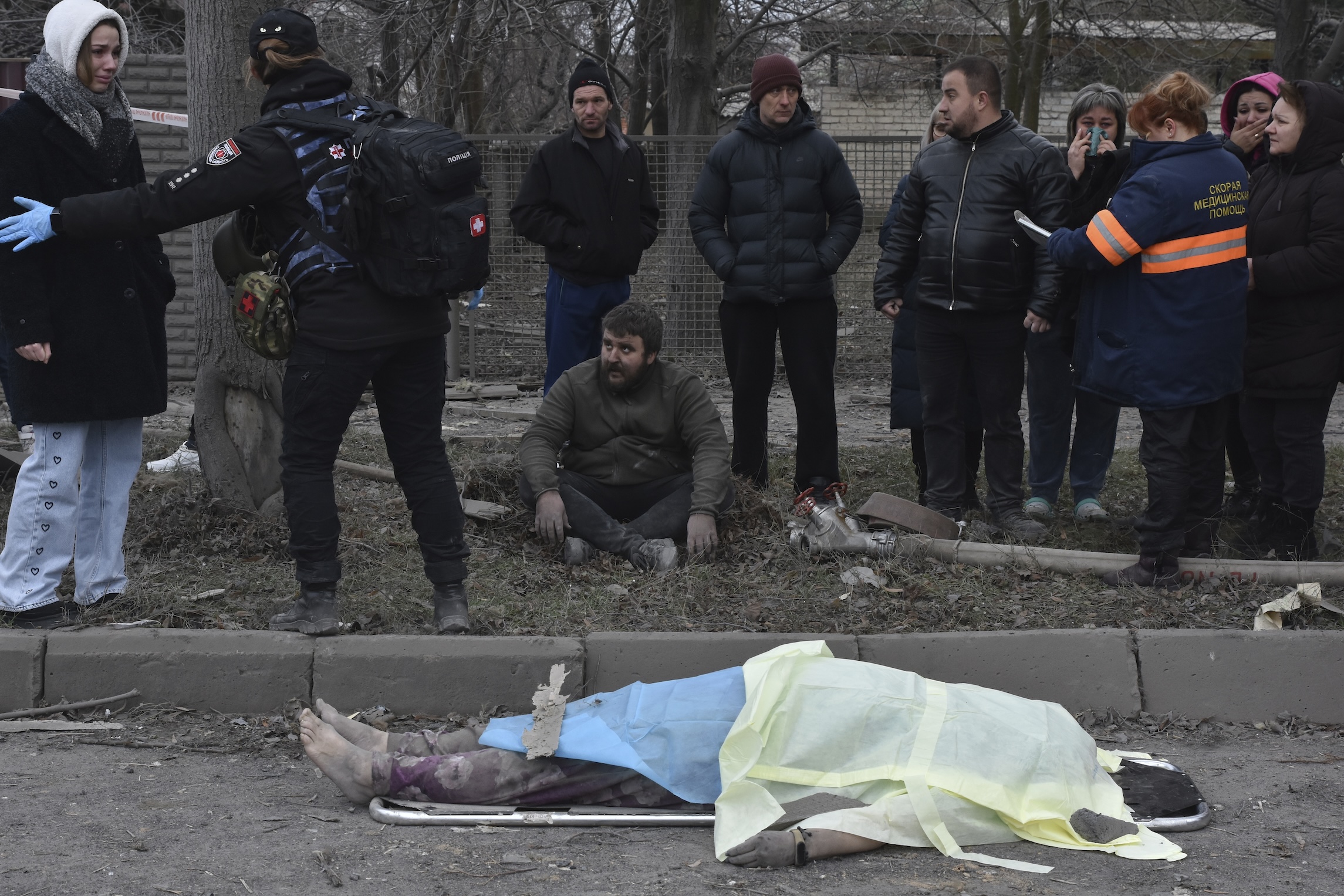United Nations nuclear watchdogs face new restrictions on their access to a Russian-occupied power plant in Ukraine, Russia’s nuclear agency has confirmed.
“A containment shell, and especially a sealed one, is not a museum or an area for free walks,” Russian nuclear utility agency senior adviser Renat Karchaa said Friday.
TRUMP SEEKS TO ‘WIN BIG’ IN IOWA KILL SHOT
Russian forces seized the Zaporizhzhia Nuclear Power Plant in the first days of their full-scale war in Ukraine, with United States and Ukrainian officials accusing the occupying forces of using the nuclear plant as a military base. International Atomic Energy Agency Rafael Grossi struck a deal last year to place inspectors at the facility, but his team announced this week that Russian authorities imposed new curbs on their work last month.
“The IAEA experts remain unable to gain access to all parts of the site, and for the past two weeks they have not been allowed to access the reactor halls of units 1, 2 and 6,” Grossi’s office said Wednesday. “This is the first time that IAEA experts have not been granted access to a reactor hall of a unit that was in cold shutdown. This is where the reactor core and spent fuel are located. The team will continue to request this access.”

Karchaa, the Rosatom official, responded with a jibe at Grossi. “The content of the latest statement gives us reason to assume that either Rafael Grossi was not informed fully enough, or the information was submitted by people with low professional training, which is hard to believe,” he said.
CLICK HERE TO READ MORE FROM THE WASHINGTON EXAMINER
The IAEA inspectors aim to avoid a nuclear disaster, in part by mitigating the weaponization of the facility by Russia and alleviating any perceived necessity for Ukrainian forces to attack Russia’s positions there.
“Following discussions with the International Atomic Energy Agency, Ukraine’s Zaporizhzhya Nuclear Power Plant (ZNPP) has taken action to ensure an immediate supply of back-up electricity in case its main external power line is lost, as has happened repeatedly during the military conflict,” the IAEA noted.
